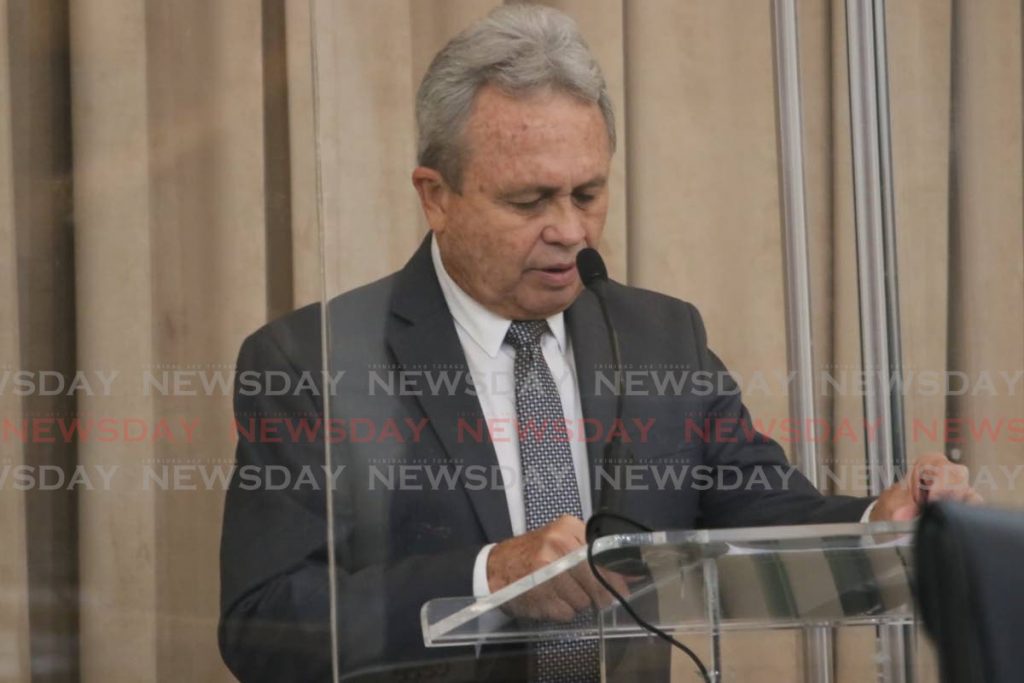The price of no subsidies

THE STATE sent strong signals this week that it intends to make good on its promises to address subsidies on water, electricity and fuel.
On Tuesday, Finance Minister Colm Imbert confirmed he will next month table legislation to liberalise the fuel market, a move that could see price hikes with the removal of fixed retail margins for all liquid petroleum products.
Mr Imbert also made plain his view that adjustment of subsidies is a reasonable approach to addressing the budget deficit in the circumstances.
Days later, the Water and Sewerage Authority (WASA) engaged in aggressive debt recovery action against customers in arrears. Several customers were disconnected on Thursday in Barataria, San Juan and Chaguanas.
The authority released photographs showing workmen with tractors digging up pavements and property in order to close off water connections. It promised similar action throughout the country as it gets serious towards collecting outstanding rates under the Water and Sewerage Act.
Whether seeking to address unpaid debts or moving forward with the removal of Government-funded cushions on commodity prices, the message is clear: the State is ready to cut ties with the past.
Is the timing right?
Many economists this week agreed the subsidies need to be addressed. However, they called for such action to be phased and questioned whether the timing – in the middle of a pandemic – is appropriate.
Indeed, WASA’s actions on Thursday were particularly disconcerting in the context of a public health crisis in which sanitisation is key.
Economists rightly suggest Government can begin planning for the removal of these subsidies while deferring the actual implementation until the economy has recovered, herd immunity has been achieved, and the social support network bolstered.
At the same time, it is precisely because of this economic crisis that the Government's hand may be forced. It has clearly calculated it is better to cut subsidies now than wait for things to get worse.
Is this a false choice?
The State needs more data to justify its approach. We need up-to-date information on exactly how much money will be saved. We also need clear calculations relating to the potential impact of inflation on the economy and an assessment of changes that could occur to quality of life.
Are there other areas of spending that can be cut at this stage? What are the criteria to determine what gets cut and what does not? What about wastage on mega projects for which there is no effective procurement oversight?
Our political system has spawned parties that pride themselves in taking care of the “small man.” Any short-term change needs to be carefully considered because the removal of subsidies will have a disproportionate impact on the most vulnerable.


Comments
"The price of no subsidies"